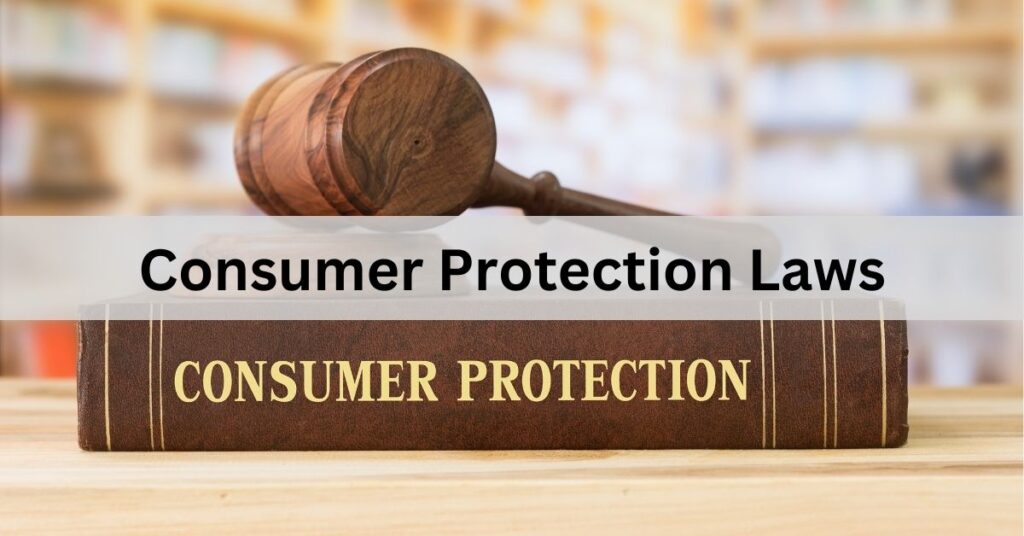Consumer protection laws play a vital role in safeguarding the rights and interests of consumers in various transactions. This article explores the importance of consumer protection laws, their key provisions, and how they empower buyers in the marketplace.
Understanding Consumer Protection Laws
What are Consumer Protection Laws?
Consumer protection laws are regulations designed to ensure fair treatment of consumers in commercial transactions. They aim to prevent fraud, deception, and unfair business practices that may harm consumers.
Objectives of Consumer Protection Laws
- Fair Trade Practices: Prohibiting deceptive advertising and pricing practices.
- Product Safety: Ensuring products meet safety standards and are labeled accurately.
- Consumer Rights: Upholding the right to information, choice, and redress.
Key Provisions of Consumer Protection Laws
- Right to Information: Consumers have the right to accurate and transparent information about products and services.
- Right to Safety: Products must meet safety standards and not pose risks to consumers.
- Right to Redress: Mechanisms for consumers to seek compensation or resolution for grievances.
Types of Consumer Protection Laws
Examples of Consumer Protections
- Consumer Guarantees: Ensures products meet certain standards of quality and performance.
- Unfair Contract Terms: Prohibits contracts that unfairly disadvantage consumers.
- Privacy Protection: Safeguards consumer data from unauthorized use or disclosure.
How Consumer Protection Laws Benefit Buyers
Importance of Consumer Protections
- Consumer Confidence: Builds trust in the marketplace by ensuring fair treatment.
- Legal Recourse: Provides avenues for consumers to seek remedies for grievances.
- Market Fairness: Promotes competition based on quality and service rather than deceptive practices.
Ensuring Compliance and Enforcement
- Government Agencies: Responsible for enforcing consumer protection laws and investigating complaints.
- Consumer Advocacy Groups: Educate consumers about their rights and advocate for stronger protections.
- Legal Remedies: Consumers can pursue legal action against businesses that violate consumer protection laws.
Conclusion
Consumer protection laws are essential for maintaining a fair and transparent marketplace where buyers can make informed decisions without fear of exploitation. By upholding consumer rights to information, safety, and redress, these laws empower individuals and promote economic fairness. Whether purchasing goods, services, or dealing with financial transactions, understanding consumer protection laws ensures that buyers are protected and businesses operate ethically.

















